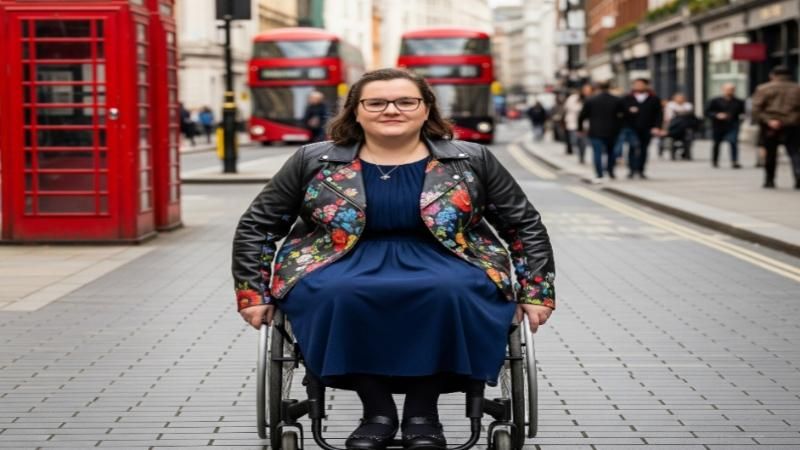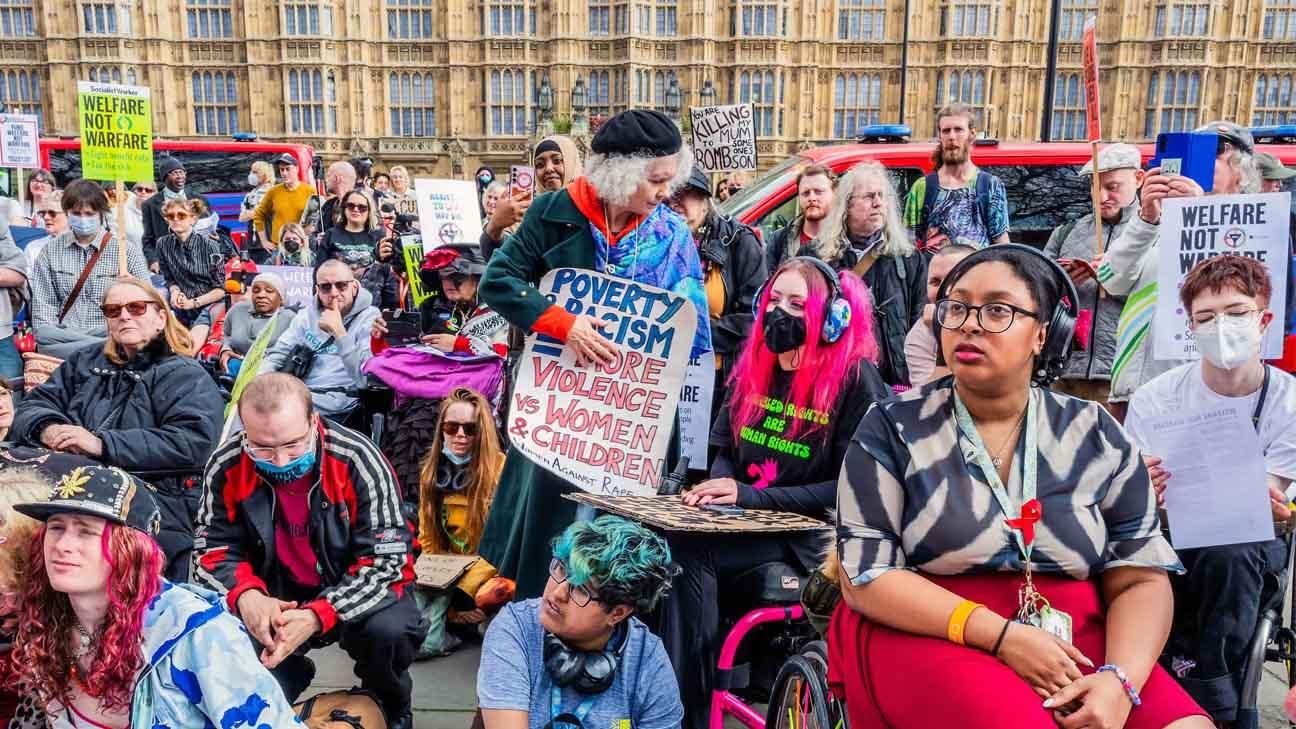Disabled People Face Soaring £15,000 Annual Costs by 2029, Ethnic Minorities Hit Hardest
Disabled individuals across the UK could be facing an additional financial burden of nearly £15,000 per year by the end of the decade, according to alarming new analysis from the disability equality charity Scope. This dire warning comes just hours before a critical parliamentary vote on the government's contentious welfare reform bill, which critics argue will exacerbate the already precarious financial situation for many disabled people, particularly those within ethnic minority communities.
Scope's latest "Annual Disability Price Tag" report projects that average monthly extra costs for disabled people – covering essentials like higher energy bills for medical equipment or specialist mobility aids – are set to surge to £1,244 by April 2029. This translates to an annual expenditure of almost £15,000, a significant increase from the current estimate of £1,095 per month, which itself is up from last year's £1,010. These figures do not even account for the potential impacts of the proposed welfare reforms, suggesting the true cost could be even higher.
The timing of this report is critical, coinciding with a heated debate and anticipated vote on the government's welfare reform Bill. Ministers were recently forced into a last-minute concession, offering to protect existing Personal Independence Payment (PIP) claimants from tightened eligibility criteria, which will now only apply to new applicants. This U-turn followed intense pressure from over 100 Labour MPs, who had rallied against the original proposals that included restrictions on PIP eligibility and cuts to the health-related element of Universal Credit.
While Prime Minister Sir Keir Starmer maintains that the revised welfare reforms strike "the right balance," Scope contends that the changes will still lead to "catastrophic cuts." The charity warns of a looming "two-tier system" where some disabled individuals are protected, while "huge numbers" of new claimants will be left significantly out of pocket and facing a "precarious financial position" due to high extra costs not covered by benefits.
The Disproportionate Impact on Ethnic Minority Communities
The rising cost of living and the potential welfare reforms are set to disproportionately affect disabled individuals from ethnic minority communities, including British Bangladeshi, British South Asian, and other BAME groups. These communities often face multiple disadvantages, including higher rates of poverty, limited access to culturally sensitive support services, and existing systemic barriers that can hinder employment opportunities.
For families within these communities caring for disabled relatives, the increased costs for specialist equipment, accessible housing modifications, and higher utility bills will place immense strain on already stretched household budgets. Cultural and linguistic barriers can also complicate access to information about available benefits and support, leaving many unaware of their entitlements or struggling to navigate complex application processes. The proposed tightening of eligibility for new PIP claimants, in particular, could create a significant hurdle for new generations of disabled individuals within these communities, pushing more families into financial hardship.
Daily Dazzling Dawn Analysis:
The "Disability Price Tag" report serves as a stark reminder of the escalating financial pressures faced by disabled people in the UK, independent of any welfare reforms. The average £15,000 annual extra cost by 2029 is a substantial sum, illustrating a deepening cost-of-living crisis that disproportionately burdens this vulnerable group.
The government's eleventh-hour concessions on welfare reform, while seemingly a victory for campaigners, merely paper over the cracks of a flawed policy. By creating a two-tier system, the reforms risk institutionalizing financial inequality, leaving future disabled claimants – many of whom will be from already marginalized ethnic minority backgrounds – in an even more precarious position. This approach fails to address the root causes of the "disability price tag" and instead shifts the burden onto those least able to bear it. The focus on "ramping up support to help them into work" also overlooks the realities for many disabled individuals for whom employment is not a viable option, further highlighting a disconnect between policy and lived experience. Addressing these systemic issues, rather than simply tweaking benefit eligibility, is crucial to ensuring true financial security and equality for all disabled people in the UK.








.svg)



